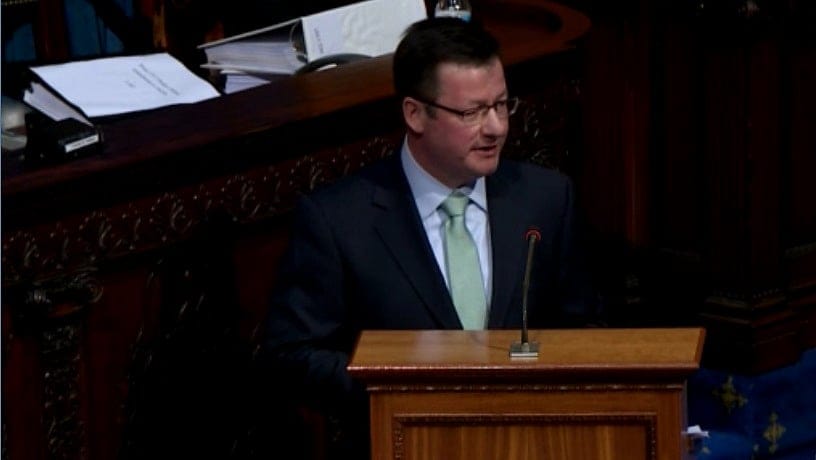House passes $39.6 billion Mass. budget bill

BOSTON – The Massachusetts House of Representatives unanimously passed a $39.6 billion fiscal 2017 budget bill Wednesday afternoon, shipping its spending plan to the Senate where a debate is planned in May to shape its vision of what state outlays should look like beginning July 1.
The budget bill was approved after two-plus days of deliberations marked by light and sporadic debate, with most of the decisions made in a House ante-room where lawmakers were instructed to go and talk to Ways and Means Chairman Brian Dempsey about their hundreds of amendments.

